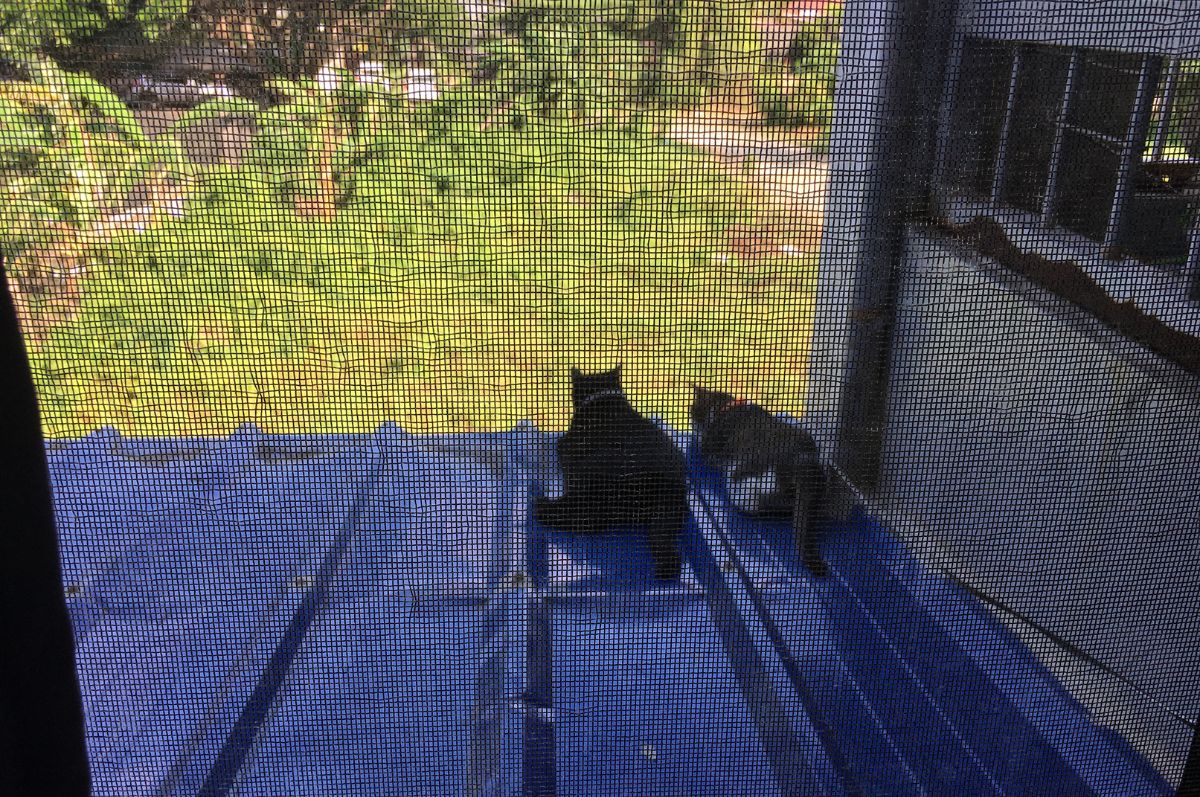Your cart is currently empty!

What exactly is a freelance writer anyway?
A quick look at what it really means to earn your living as a freelance writer.
The earliest ‘freelancers‘ were hired soldiers or ‘free lances‘ who sold their services to kings and rich landlords to defend soil and property. They were an important part of medieval warfare.
Freelancers have come a long way since those antiquated times and this blog takes a quick look at what it really means to earn your living as a freelancer (or more specifically a freelance writer) in this Century 21.
What a freelancer is.
A freelancer is someone who works on their own terms for a variety of clients. Freelancers can be graphic designers, engineers, tutors and teachers, programmers, web designers, editors, researchers, photographers, marketers — and of course — writers. Regardless of the industry or occupation, what really makes someone a freelance is they are not bound by an employer and have the freedom to choose who they work for, when, and where.
Freelancers are usually self-employed and work to a project brief as they complete individual assignments. Payment is negotiated before starting an assignment and often a contract is put in place to dictate things like deadlines, confidentiality, and the terms of payment.
What a freelancer is NOT.
A true freelancer has no ongoing commitment with a client (outside of a contract) and is not working directly for an employer. They provide their own tools, equipment, and working space and take full responsibility for the work they peform (ie, they must rectify any defect or mistakes in the work at their own cost).
For taxation reasons, it is essential that a freelancer is NOT :
- Considered part of the client’s business.
- Working routine hours or to a schedule set by the client.
- Receiving any allowance or reimbursement for tools and equipment.
- Spending more than 80% of their time working with one business.
NOTE: We’ll talk more about why this is so important in the last section.
What a freelance writer does.
The scope of freelance writing projects is enormous, and most of us freelancers tend to choose a niche and specialise in that area. Here are a few examples to get you started:
- Copywriting – landing pages, email campaigns, product descriptions, brochures, sales flyers, Adwords, headlines, slogans and tag lines, product launches, billboard text.
- Blogging – business blogs, guest posts, articles, listicles, lifestyle features, product comparisons.
- Campaigns – speeches, campaign text, press releases, email templates for political campaigns, crowdfunding, charitable fundraising.
- Web content – blogs, online articles, web pages, company descriptions, mission statements, SEO content, eCommerce text and configuration, FAQs, privacy statements.
- Social media – professional profiles, company pages, post updates.
- Technical writing – operations manuals, work procedures, job descriptions, employee handbooks, technical manuals, white papers, training materials.
- Business writing – company policies, letters, memos email correspondence, business plans, intranet copy.
- Applications – grants, tenders, business and community awards, licences, visas.
- Journalism – news, background stories and investigative features for public newspapers and magazines, updates on citizen journalist sites.
- Careers – resumes, CVs, LinkedIn profiles, cover letters, job applications.
- Personal writing – letters, poems, correspondence, greeting cards.
- Ghostwriting – eBooks, articles, print media.
If you can think of something to write (and then get someone to pay you to do it) then you’re already on your way to becoming a professional freelance writer.
Make sure you’re a real freelancer.
Before launching your own freelance writing career, please make sure you’re a real freelancer (in the legal sense). Most countries have strict laws regarding the status of employees, contractors, and freelancers, and there are stiff penalties for getting it wrong.
Here in Australia, direct employees must be paid Superannuation and have PAYG tax withheld from their wages, plus it’s illegal to be paid as a contractor or freelancer when you are actually working like an employee.
But why would you want to anyway?
Freelance writing gives you the freedom to follow your own interests, write about the topics you’re passionate about, and only work with clients you love — yes you can easily say no to dodgy writing assignments you don’t care for. Every day your writing skills improve, as you research, learn (and write) more about the world around you.
Now the next time someone asks you ‘what exactly is a freelance writer?’ you can quickly say — someone who sets their own work hours, works independently, and writes for a range of innovative clients and cool publications. Actually, you can say, ‘a freelance writer is me’.
© 2019 Melinda J. Irvine. Feature image: Pexels.
Discover more from Melinda J. Irvine
Subscribe to get the latest posts to your email.




